 When I was in 5h grade, my mom asked me to put on a skirt and took me to a church one weekend morning. That was unusual. And so was (to me) the large group of nervous kids fidgeting next to their parents in the pews. Turns out, she had brought me to an audition for Youth Pro Musica, a Boston-wide singing group for kids who wanted to roll up their sleeves with serious music. Alrighty. Not having warning was actually a great strategy and a relief – it spared me many minutes of anxiety. Like a Band-Aid being removed my name was called – I sang the notes back to the tough cookie music director, lalala, it was kind of fun – and I was in. Soprano 1 reporting for duty.
When I was in 5h grade, my mom asked me to put on a skirt and took me to a church one weekend morning. That was unusual. And so was (to me) the large group of nervous kids fidgeting next to their parents in the pews. Turns out, she had brought me to an audition for Youth Pro Musica, a Boston-wide singing group for kids who wanted to roll up their sleeves with serious music. Alrighty. Not having warning was actually a great strategy and a relief – it spared me many minutes of anxiety. Like a Band-Aid being removed my name was called – I sang the notes back to the tough cookie music director, lalala, it was kind of fun – and I was in. Soprano 1 reporting for duty.
I was super into chorus as an elementary kid. We sang fun songs like The Night Chicago Died and Luck Be A Lady and our entire grade participated, whether you could hold a tune or not. These were pre-cool years and we just had unselfconscious fun. We belted out show tunes and our parents came to concerts (concerts were exciting, as were school plays and all that stuff) and rehearsal period was something I looked forward to. Singing felt like freedom and with my high voice I could soar on the top line. Soaring was something I sought as a kid, along with running fast, riding horses, shagging baseballs. They were all entwined. I wanted to see what I could do, to flex whatever power a young pre-pubescent girl could hold, to just gogogo.
Youth Pro Musica was different. The harmonies were complex. The music was way harder to learn. But the sound, the sound. It surprised me from time to time. What was that? What is this? I loved the feeling of resonance in my chest, I loved the vibration when we harmonized together, and the moments I could hear myself, then the group, then my voice. I was carried along in a stream of sound. I loved, really loved, singing every piece.
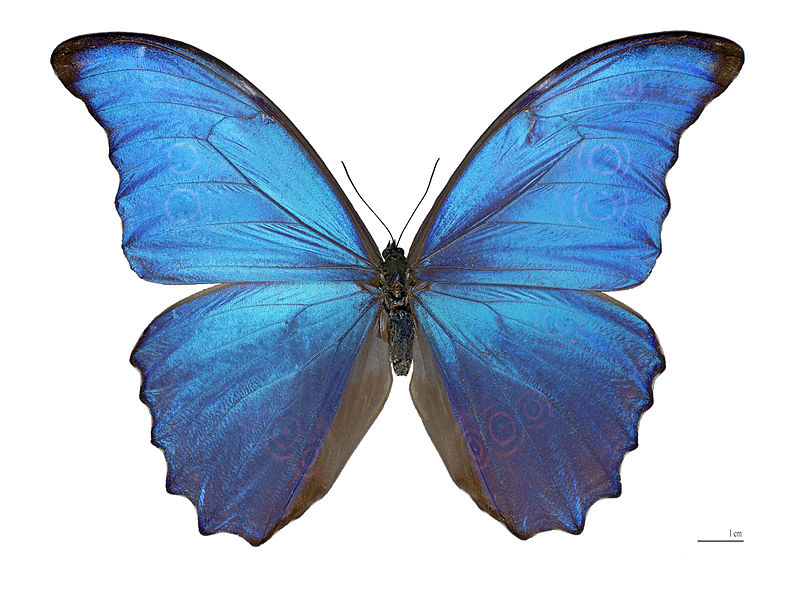 I truly didn’t understand the alchemy and magic of music, though, until one special concert at the end of the season. On a warm spring night, we stood before the largest audience I’d ever faced. We were singing the song cycle from I Never Saw Another Butterfly, poems written by children in the Terezin ghetto/ concentration camp that were put to music. The concert was at Temple Israel, my temple, and the largest temple in Boston. The atmosphere, though, was unlike our other concerts. There was far less chatter and excitement while we waited in the wings. The adults read the program so quietly. We walked in and they waited for us to settle into formation and begin. I was a little scared –
I truly didn’t understand the alchemy and magic of music, though, until one special concert at the end of the season. On a warm spring night, we stood before the largest audience I’d ever faced. We were singing the song cycle from I Never Saw Another Butterfly, poems written by children in the Terezin ghetto/ concentration camp that were put to music. The concert was at Temple Israel, my temple, and the largest temple in Boston. The atmosphere, though, was unlike our other concerts. There was far less chatter and excitement while we waited in the wings. The adults read the program so quietly. We walked in and they waited for us to settle into formation and begin. I was a little scared –
Truthfully, I never really paid attention to the words to anything I was singing. So often the words were in Latin or German or another foreign language – I had no idea and no interest in their meaning. Who cares? Seriously. On top of that, I had zero life experience at that point. My empathy threshold hovered around zero. It was the sound, the tempo, the mix and the dynamics we, I, thought about. Our music director never uttered a word about the heart or hurt behind any score. We were puppies, after all, who knew nothing. Callow would be the word I’d use.
But the Butterfly songs, specifically, stayed with me when I rode my bike to school or to baseball practice. I loved the music – it was tough to learn at first and it had some aggressive sounds here and there – but once you really stepped into it was something. It simply settled into me; it was the soundtrack I hummed. And as the notes became mine I edged closer to the words…
So many of the songs had a hopeful quality to them. The young writers were writing poems about nature like I was in elementary school; they, too, were drawn to the colors of sunsets and the memories of flowers. Their words began to unveil themselves to me but I did not venture far. I remained on the perimeter of this petrifying cauldron of the Holocaust, a topic I had not yet gotten near. And from the start it was clear – these kids were brave, far braver than I. I liked them.

And so, that night, we sang. There we were, kids the same age as the poets who wrote the verses that were hidden away before they faced their deaths. Their art was recovered after the war, a clear and specific last gasp. We sang their beautiful songs and the few biting ones; we eased into the music and as usual I was absorbed into it. But when I looked out beyond my binder and past the baton of my music director, I saw that the large audience, filled with old people I did not recognize, was unusually serious. They were so focused it looked like they were praying. Some had closed eyes; some, more, were crying.
This was not the reaction we, the cute kid singer posse, usually elicited.
Had we done something wrong? Was this too much? I had a queasy feeling making these grown-ups so upset. As I sang I had to look away. Too many tears were streaming down my face to see the score.
After the concert, a frail and elegant older woman and a stooped man with a button down white shirt rolled up to his elbows, walked down the aisle together to where we remained standing in formation, in front of the congregation. The man had numbers tattooed on his forearm. With a familiar Eastern European accent that sounded like my great grandparents, he slowly shook his head and smiled. “Thank you, children,” he said. “We thank you.”
Perhaps, to them, we were their sisters and brothers. Perhaps we were their daughters and sons. Perhaps we are.
I have never stopped singing.


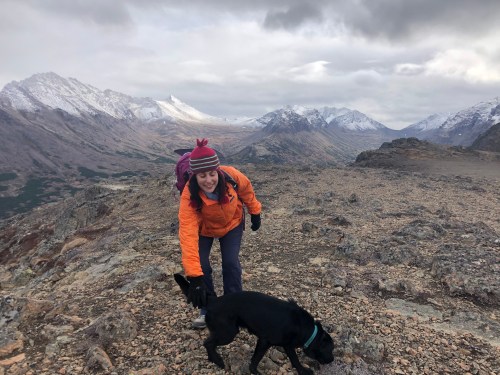



 When I was in 5h grade, my mom asked me to put on a skirt and took me to a church one weekend morning. That was unusual. And so was (to me) the large group of nervous kids fidgeting next to their parents in the pews. Turns out, she had brought me to an audition for
When I was in 5h grade, my mom asked me to put on a skirt and took me to a church one weekend morning. That was unusual. And so was (to me) the large group of nervous kids fidgeting next to their parents in the pews. Turns out, she had brought me to an audition for  I truly didn’t understand the alchemy and magic of music, though, until one special concert at the end of the season. On a warm spring night, we stood before the largest audience I’d ever faced. We were singing the song cycle from
I truly didn’t understand the alchemy and magic of music, though, until one special concert at the end of the season. On a warm spring night, we stood before the largest audience I’d ever faced. We were singing the song cycle from 
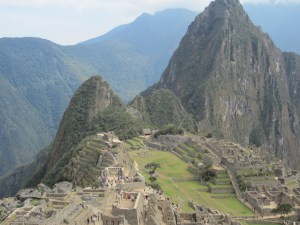
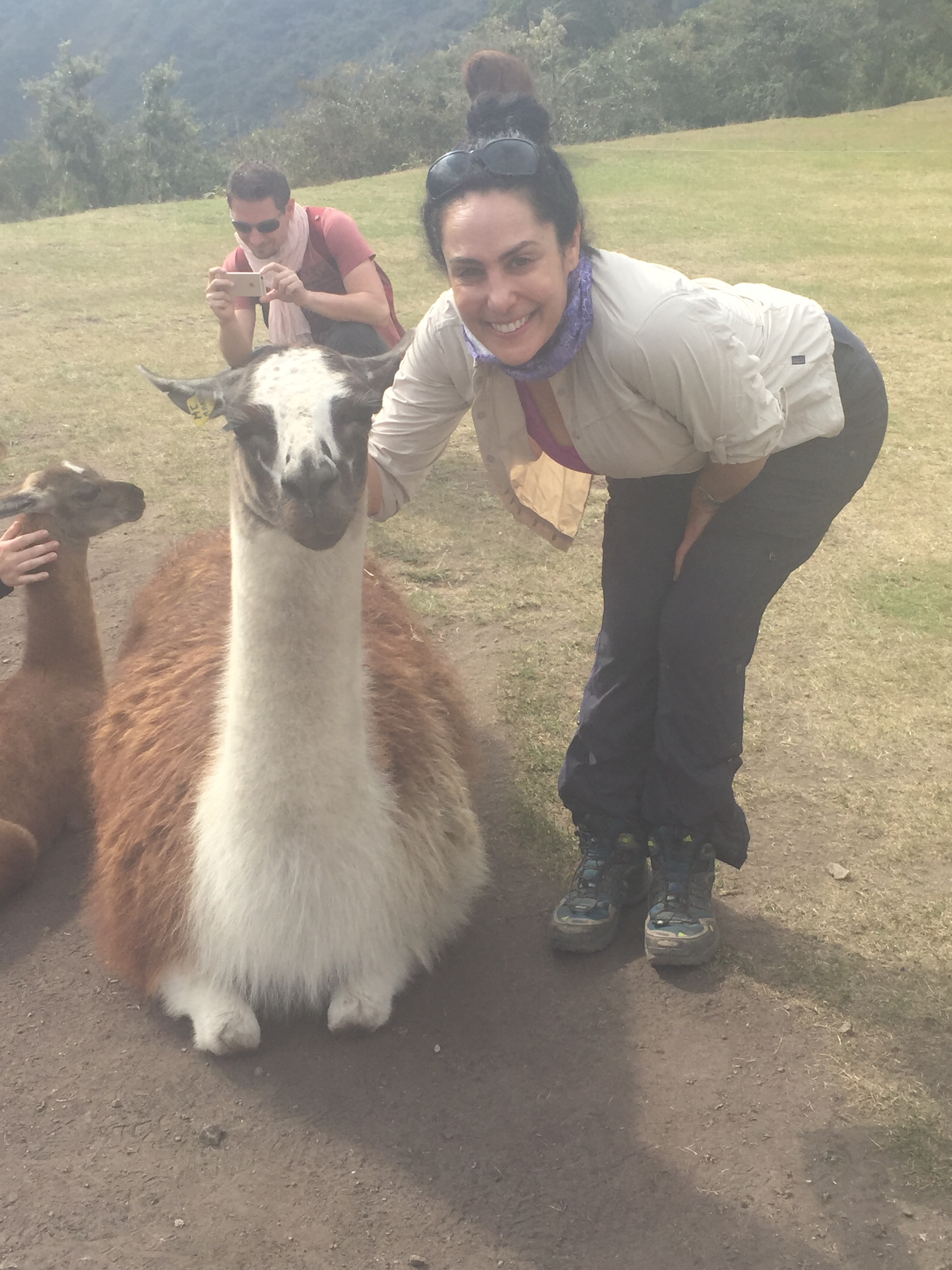

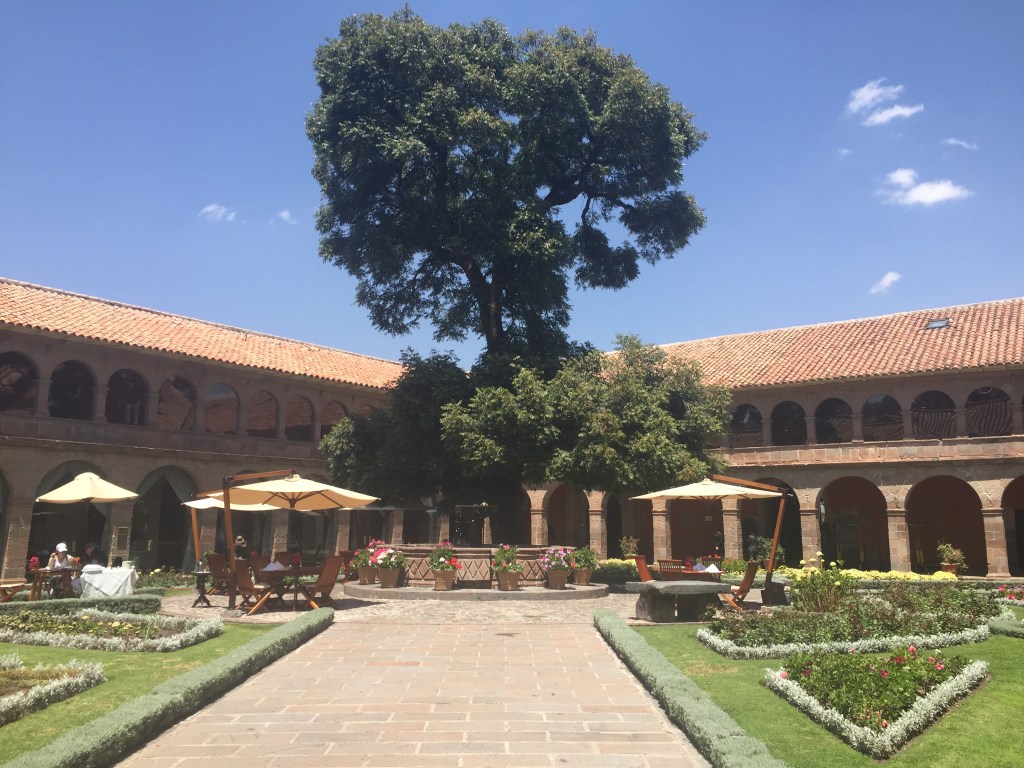
 Ben Wiseman
Ben Wiseman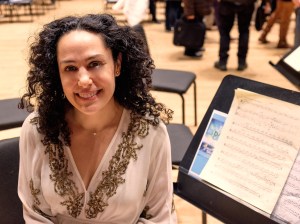

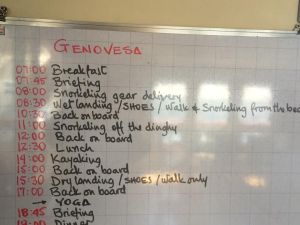



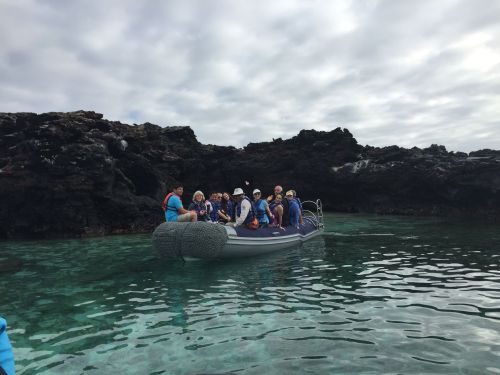
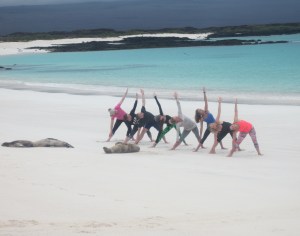
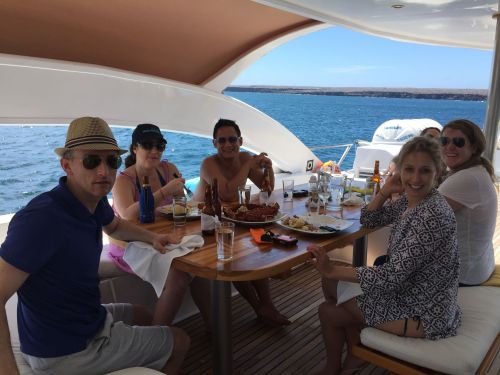
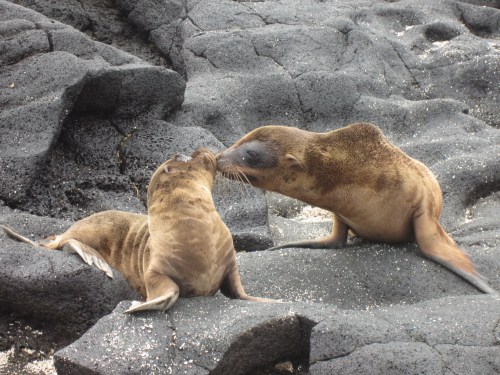

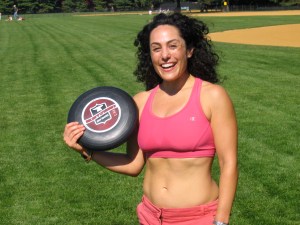



Comments: Let’s talk!